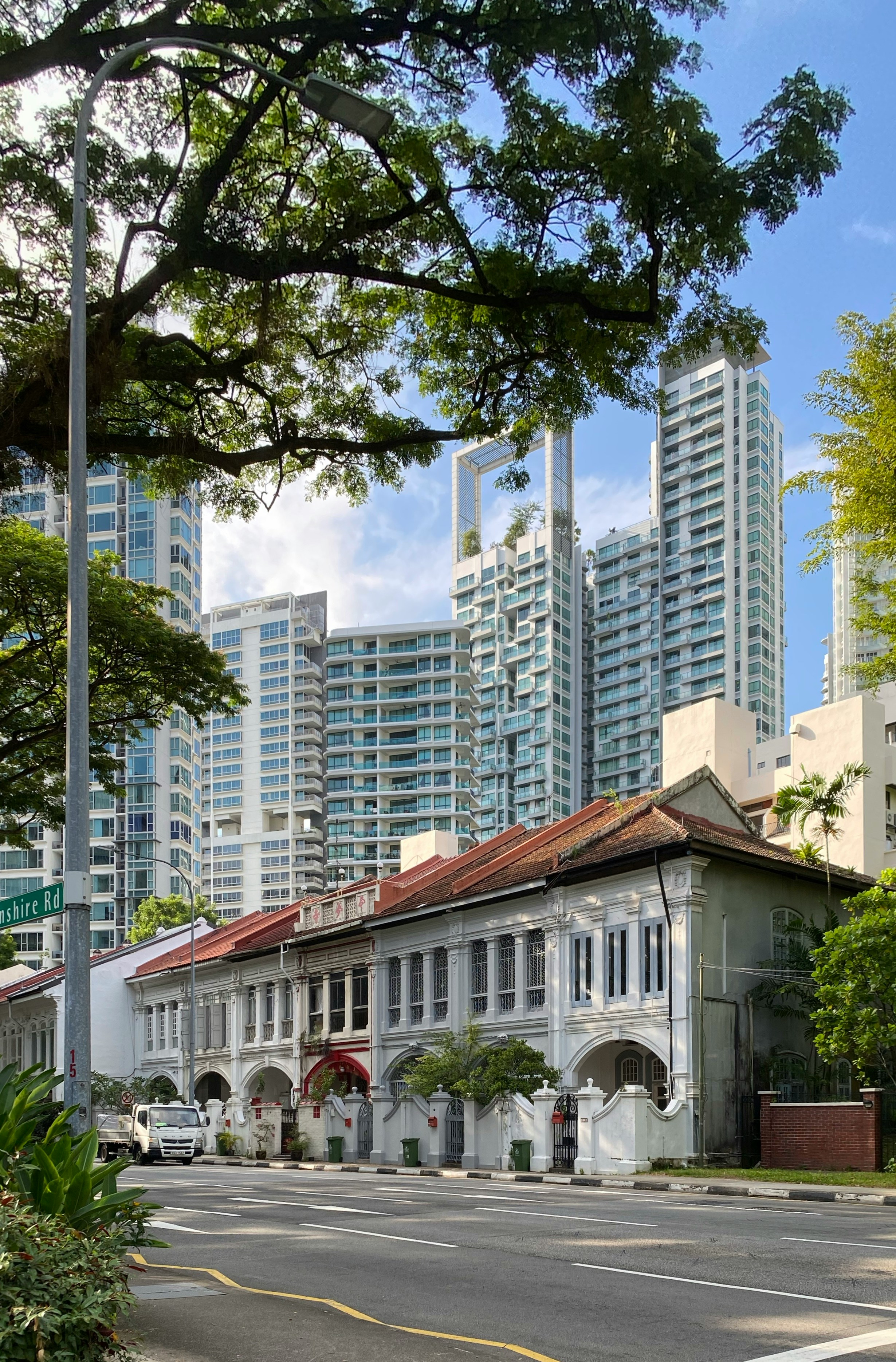Thinking about international schools in Singapore or Johor Bahru (JB)? You’re not alone....
Types of Curricula in International Schools: A Guide for First-Time Expat Parents
.avif) By
Tom Shacks
·
3 minute read
By
Tom Shacks
·
3 minute read
Relocating overseas for the first time is exciting, but choosing the right international school can feel daunting. One of the biggest early decisions parents face is which curriculum best fits their child’s learning style and future goals.
Should you choose the globally recognised International Baccalaureate (IB)?
The structured, exam-focused British curriculum?
Or the broad and flexible American system?
This guide breaks down the IB, British, and American curricula, with real school examples and practical advice to help you understand the differences and find the best fit for your family.
🎯 Need help shortlisting schools by curriculum? Start with doris
What Is an International School?
An international school typically:
-
Teaches in English or another global language
-
Offers a curriculum not tied to the host country (e.g. IB, British, American)
-
Welcomes expat and globally mobile families
-
Prioritises multiculturalism and adaptability
Why Curriculum Choice Matters
Curriculum shapes not just academic outcomes, but your child’s daily experience and future opportunities.
-
Smooth transitions between countries
-
Better match for learning style
-
Curriculum alignment with university goals
-
Consistency across moves
Quick Curriculum Comparison
| Curriculum | Teaching Style | Assessment | Strengths | Best For... |
|---|---|---|---|---|
| IB | Inquiry-based | Internal + external | Global citizenship, depth | Globally mobile families |
| British | Structured by Key Stages | Exams (IGCSE, A-Levels) | Academic depth, progression | UK returners or exam-focused learners |
| American | Flexible + broad | GPA + AP coursework | Breadth, adaptability | US-bound students or generalists |
The Big Three Curricula Explained
International Baccalaureate (IB)
Programmes:
-
PYP: Ages 3–12
-
MYP: Ages 11–16
-
DP: Ages 16–19
-
CP: Ages 16–19 (career-related)
Strengths:
-
Globally consistent
-
Multilingual and multicultural
-
Prepares for global university admissions
Considerations:
-
DP workload can be intense
-
IB teachers require certification
-
Some schools offer only part of the IB continuum
Example: UWCSEA Singapore

UWCSEA Singapore Campus
British Curriculum (IGCSE + A-Levels)
Key Milestones:
-
IGCSEs: Age 16 (core + elective subjects)
-
A-Levels: Age 18 (specialised in 3–4 subjects)
Strengths:
-
Linear and academic
-
Globally recognised by universities
-
Encourages depth of knowledge
Considerations:
-
Narrower subject range at A-Level
-
More exam-heavy structure
Example: The Alice Smith School Kuala Lumpur (Malaysia)
💡 Real school example: The Alice Smith School Kuala Lumpur (Malaysia)
Follows the full National Curriculum for England from Early Years to A-Levels.
![]() Students at The Alice Smith School in Kuala Lumpur
Students at The Alice Smith School in Kuala Lumpur
American Curriculum (with AP)
Key Features:
-
Credit system and GPA
-
Advanced Placement (AP) for college-level study
-
Continuous assessment model
Strengths:
-
Broad subject exposure
-
Supports holistic development
-
Strong for US university prep
Considerations:
-
Quality varies across schools
-
Better suited for US relocations
.avif)
Example: Singapore American School (SAS)
Offers AP courses and a U.S.-aligned curriculum from early years to high school.
How to Choose the Right Curriculum for Your Family
Start with your child, and your future plans.
Learning Style
-
Do they thrive on structure or inquiry?
-
Are they exam-ready or better with coursework?
Relocation Plans
-
Are you returning to the UK, US, or planning further moves?
Language & Culture
-
Will they need English language support?
-
Is global citizenship a priority?
🎯 doris can help you compare schools by curriculum, fees, and values
FAQs: Comparing International School Curricula
What’s the most popular curriculum for expat families?
IB and British are most common across Southeast Asia, with many schools offering one or both. American programmes are more popular in US-linked expat communities.
Is the IB better than British or American systems?
Not inherently. IB offers a broad, inquiry-led approach, while British offers structure and exam depth. American is more flexible and works well for US university goals.
Can I change curriculum mid-way through school?
Yes, but it depends on the child’s age and year level. Switching between systems can impact subject choice and exam timing.
Does doris recommend one curriculum over another?
No. doris is impartial and helps parents choose the right fit based on values, academic style, and future goals, not rankings or ads.
Final Thoughts: Fit Over Fame
There’s no single “best” curriculum, only what’s best for your family.
-
IB: Globally aligned and ideal for multicultural mobility
-
British: Great for structured learners, especially UK returners
-
American: Broad and flexible, ideal for generalists or US-bound students
🎯 Get personalised help comparing school curricula with doris, it’s free, unbiased, and built for international families.
doris is a free, independent platform that helps families explore and compare international schools across Asia. Powered by AI, it provides impartial, data-driven recommendations based on each child’s needs, offering transparency and clarity in a process that’s often overwhelming. Unlike agents or sponsored listings, doris is completely unbiased — helping parents find the right school with confidence and peace of mind.
doris (the platform) is not a person, it’s an AI-powered education platform built to make school discovery easier, clearer, and more transparent for families.
Related posts

.jpg)
Let’s face it: picking an international school in Singapore is already a big decision. Then comes...
.avif)
Finding the right international school can feel overwhelming, especially if you’ve just moved to a...













